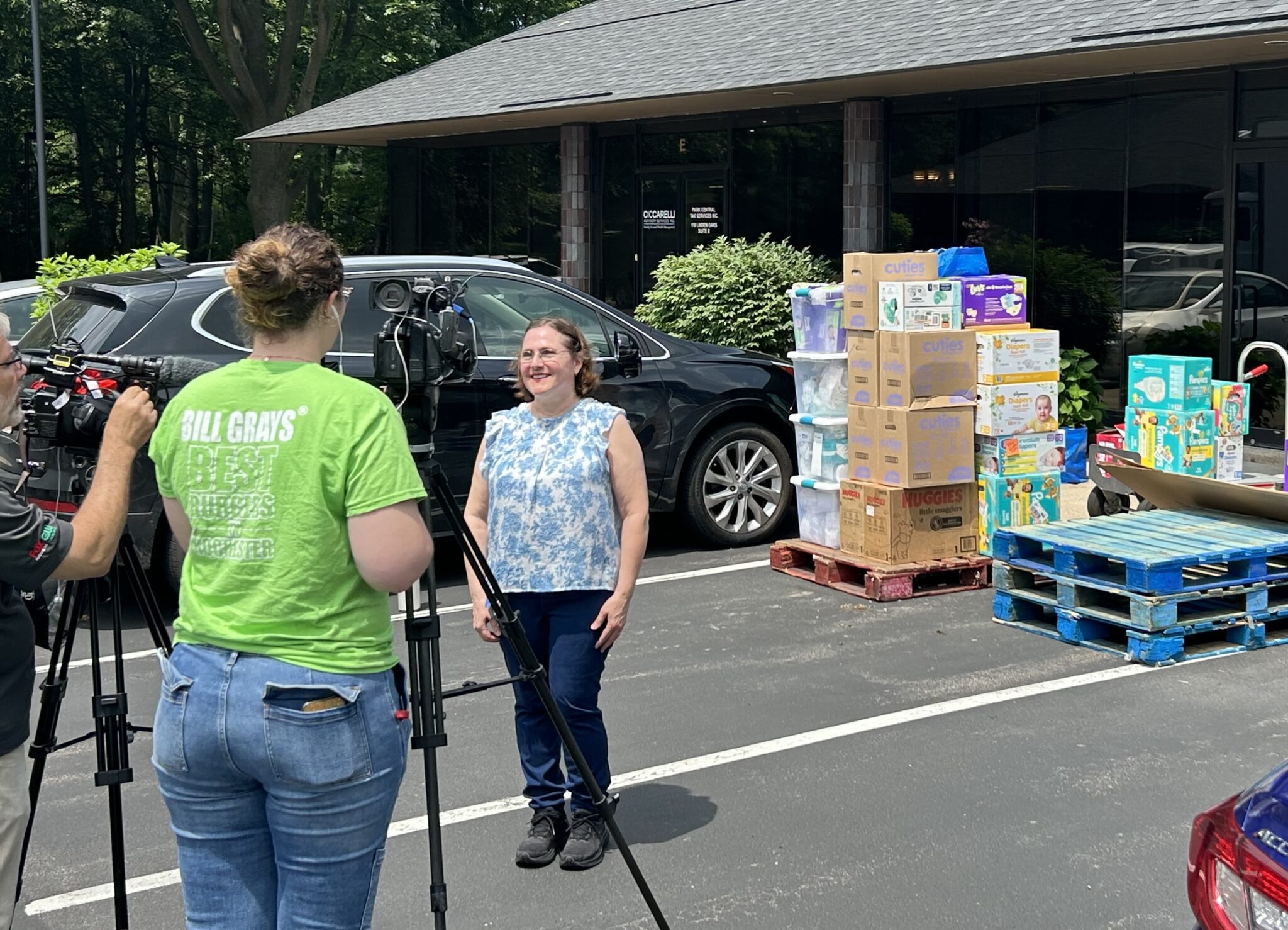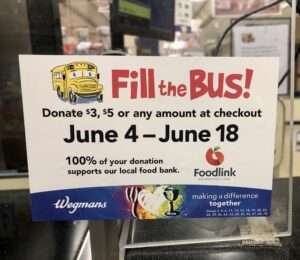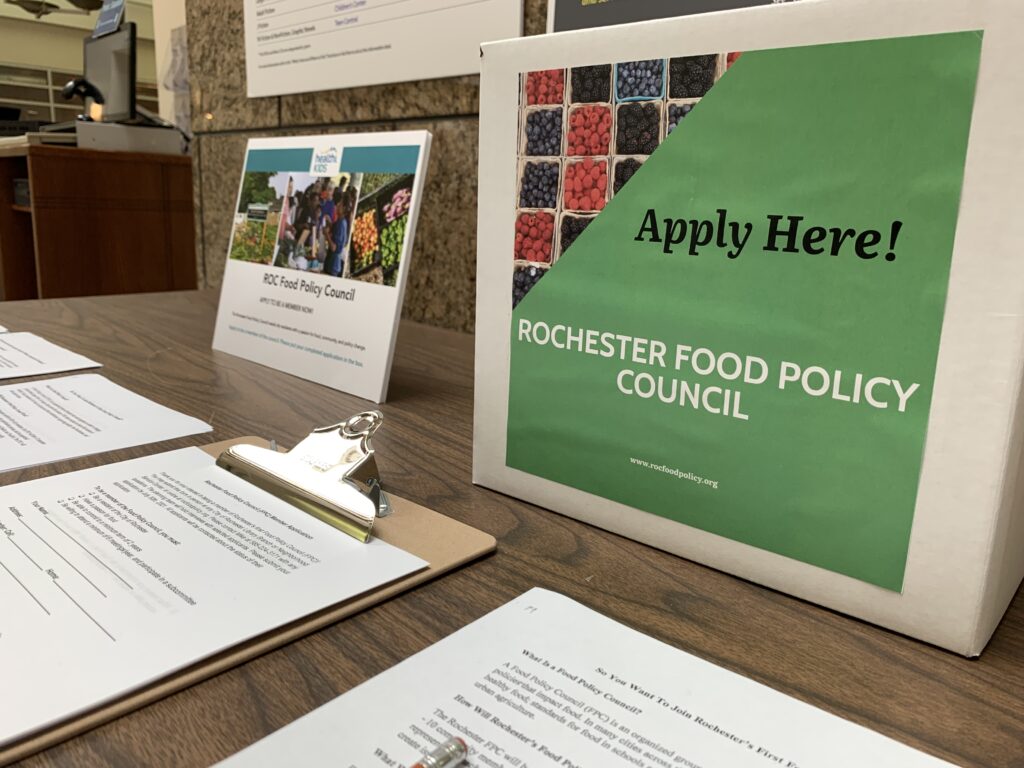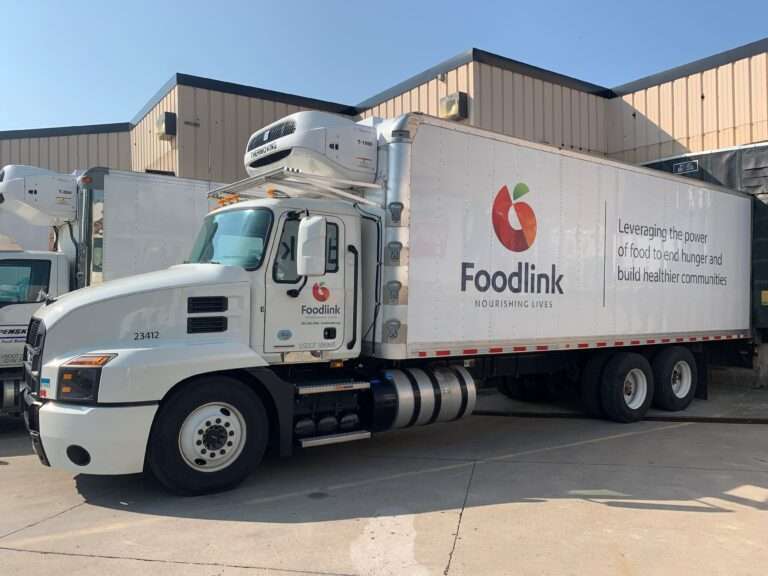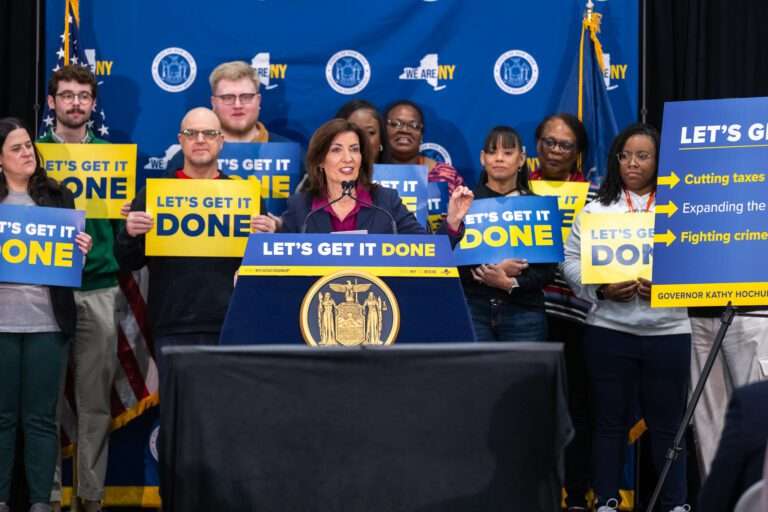Foodlink has spent the past year and a half engaged in a collaborative effort to establish the first Food Policy Council (FPC) in the City of Rochester.
Working with Common Ground Health, the City of Rochester, and a group of community members representing different neighborhoods and backgrounds – we have been researching, mobilizing, and building the foundations for a successful FPC. The Rochester FPC is dedicated to fostering a food system that supports the health of the environment, where every resident has equitable access to high-quality foods that support their health and opportunities to participate in a vibrant local food economy. This work has been generously supported by the Healthiest Cities and Counties grant, which provides funding for community participation, administrative time, and research necessary to create and sustain an effective council.
What is a Food Policy Council?
FPCs take many different forms and have a vibrant international and domestic history. The first FPC in the United States was formed in Knoxville, Tenn., in 1982 as an outgrowth of a local Community Action Committee. Originally established with the goal of “continually monitor[ing] Knoxville’s food supply system and recommend[ing] appropriate actions to improve the system as needed,” the council grew to take on issues of food insecurity, access to land, and improving government nutrition programs. There are a number of successful FPCs in South America that also have directed significant government resources into building an equitable food system.
Since 1982, over 300 FPCs have been established in the United States. In general – FPCs are responsible for convening individuals and organizations that effect food supply and distribution in an area. These might include farmers, government agencies, nonprofits, schools and other institutional food settings, healthcare providers, small store owners, farmers markets, urban gardens, and community members. FPCs also take many forms – some are embedded directly in local government, operate as independent nonprofits, or function as a coalition sponsored by another organization. FPCs specifically work on policy issues, looking to address the root causes of food systems issues and addressing them through government intervention. Examples include:
- Changes in local zoning codes to make it easier for individuals to acquire land for urban agriculture
- Directing resources from a local Health Department toward nutrition initiatives
- Providing subsidies to markets and other retailers in economically distressed neighborhoods
What has our group been working on?
Our team consists of nine core members that have carried out the research, outreach, and planning process for the first FPC. Before COVID-19, we gathered over 100 community members at the Little Theatre to watch the documentary “A Place at the Table,” and initiate a conversation about food insecurity in Rochester and the types of projects a FPC could take on. When the pandemic hit, we transitioned to primarily virtual outreach – hosting six zoom sessions in 2020-21 to discuss the project, solicit feedback, and build a plan for recruiting members. Behind the scenes, we researched dozens of different FPCs across the country to better understand their strengths and limitations. We also spent over 5 hours speaking with Mark Winne, a nationally recognized figure as one of the foremost experts in FPCs. After those conversations, we determined that the best structure for our FPC would be a 13-person body, consisting of 10 community members through an application process, and 3 appointed members from Foodlink, Common Ground Health, and the City of Rochester. The organizational representatives will provide administrative support (such as printing, staff time, coordinating events, etc.) and will not be able to hold positions as the Chair or Vice Chair of the FPC to set the agenda.
Beginning in June 2021, our group released a public application for Rochester residents to join the FPC. The primary qualifications were that the applicant must be a city resident, be able to commit to attending meetings for a 2-year term, and to be dedicated to improving the food system. During the two-month application window, our team received nearly 85 submissions. Every applicant received a brief follow-up phone call to confirm their eligibility, interest, and to share more information with our team. Based on that information and the applications, team members nominated 25 applicants each for an interview. Anyone who received four or more nominations from our team of nine people was offered an interview.
Where does it go from here?
In early September, the planning team conducted 25 interviews with selected candidates. At the end of the month, we will be getting together over Zoom to make the final selection of the first 10 members of the inaugural Food Policy Council. This fall, the council will have its first meetings to establish group norms and begin setting the agenda for the coming year. By 2022, there will be several issue-specific working groups that will be opening to anyone from the public to join and contribute to.
If you would like to stay up to date on our process and join a working group, please email rocfoodpolicy@commongroundhealth.org. Updates will be posted on www.rocfoodpolicy.org.
